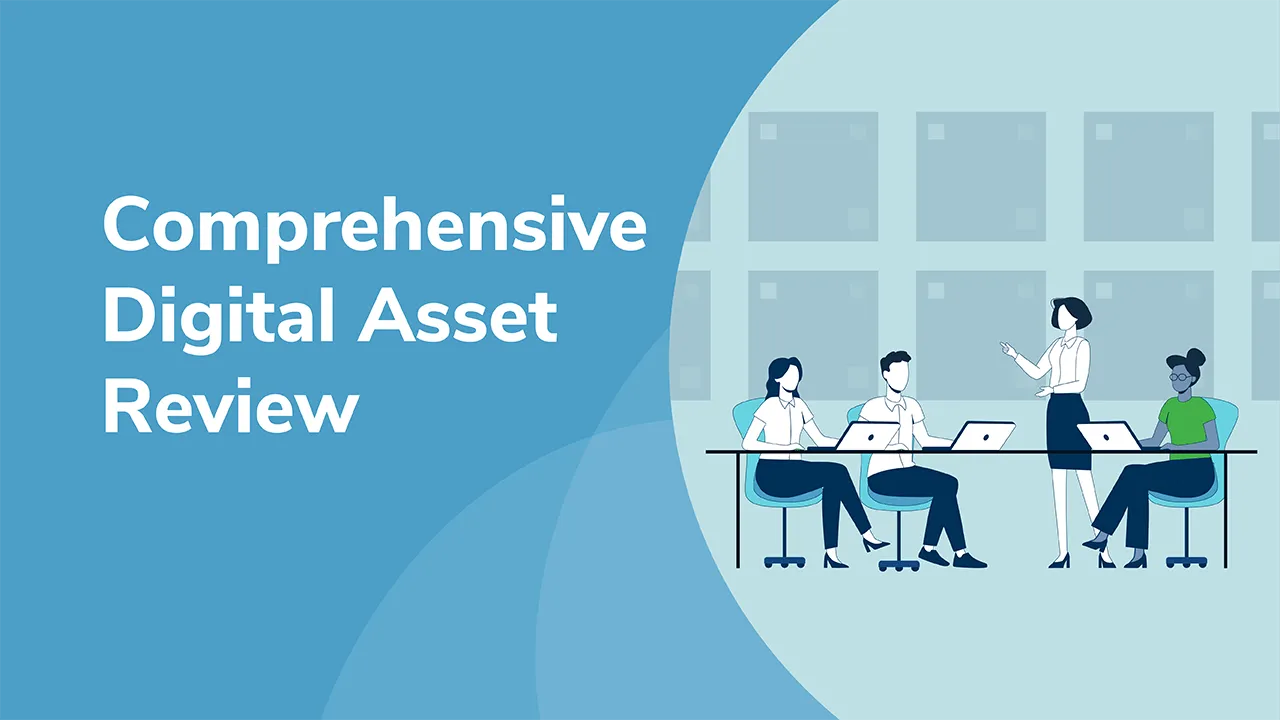
Disrupting and Deterring Illicit Trade of HFCs
The Challenge

The Challenge
Hydrofluorocarbons (HFCs), a group of industrial chemicals used primarily for air conditioning and refrigeration, contribute to man-made climate change. The EU is thoroughly aware of this effect and regulated a reduction to reduce the amount of chemicals used in these systems by 79% between 2015 and 2030. This will be achieved through a quota system and the banning of non-refillable containers.
Despite the Montreal Protocol being recognized as one of the most successful environmental treaties, illicit trade in ozone-depleting substances (ODS) remains a problem.
Criminal networks are highly attracted to the illegal refrigerants trade for the fact that it poses low risks and maintains high profits. To make matters worse, the crime the illegal entities commit by trading these ozone-destroying and greenhouse gas emissions are often not a priority for law enforcement agencies, and when they are, the penalties are typically minor.
To aid in the fight to reduce these black market trades, the European Fluorocarbons Technical Committee (EFCTC) has stepped in. The EFCTC is a Cefic Sector Group, represented by five major fluorocarbons manufacturers: Koura, Honeywell, Chemours, Arkema and Daikin. In 2019, Kroll partnered with the EFCTC to help disrupt and deter the illicit trade of HFCs in the EU.
Kroll Solution

Kroll Solution
Acting as a trusted intelligence provider, Kroll collected, triaged, centralized and enriched intelligence, consolidating information from across the value chain to streamline sharing with law enforcement agencies.
Throughout the HFC investigation, Kroll managed an online Action Line, available in 14 languages, that enabled the team to receive real-time anonymous intelligence with functionality that allowed documents and images to be uploaded. Kroll also utilized internal tools to monitor online marketplaces, gather additional intelligence, and streamline the reporting of illicit offers.
Kroll’s collaboration and working relationships with law enforcement agencies across the EU have been pivotal in the success of the illicit trade investigation for its client, both in providing actionable intelligence and by offering training and aid to law enforcement.
The Impact

The Impact
As a result, Kroll removed nearly 3,300 online infringements. Intelligence was stored in Kroll’s interactive workspace, allowing Kroll’s expert investigators to enrich information through a range of data sources, which helped to visualize findings. This digital ‘“case library”’ built by Kroll assisted in the identification of relationships and associations through clusters of related entities, streamlining priority of subsequent investigative efforts, which historically included sourcing inquiries and test purchases.
In addition, the Action Line received over 420 intelligence leads and the Kroll team of experts submitted 225 evidence packs relating to thousands of tons of HFCs to law enforcement, eradicating major illicit trade routes into the EU.
Kroll’s experience and global resources in forensic investigations and intelligence uniquely positioned the team to help the EFCTC penetrate the illicit economy, prevent encroachment and recover losses. Most notably, due to the detailed investigative work conducted by the Kroll team, the client was honored with the ECA Montreal Protocol Award for Customers and Enforcement Officers.

Investigating $150 Billion Worth of Digital Assets in the Face of Ever-Evolving Regulatory Changes

Resolving a Highly Complex Security Breach for a Global Multinational
Expert Services
Independent expert analysis, testimony, advice and investigations for complex disputes and projects.
Forensic Investigations and Intelligence
Kroll’s forensic investigations and intelligence team delivers actionable data and insights to help clients across the world make critical decisions and mitigate risk.
Environmental, Social and Governance Advisory Services (ESG)
Advisory and technology solutions, including policies and procedures, screening and due diligence, disclosures and reporting, investigations, value creation, and monitoring.


